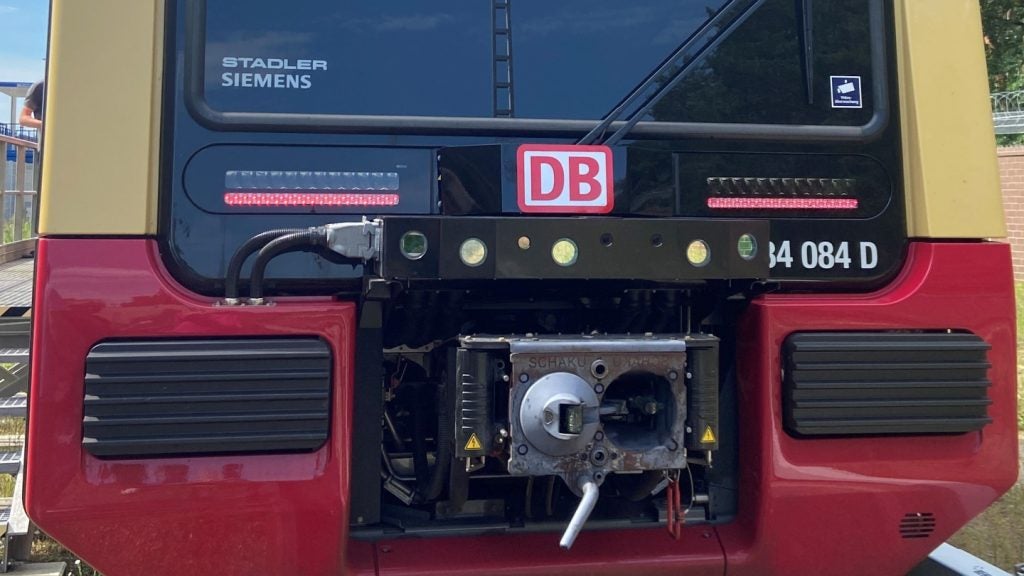
The board of Los Angeles County Metropolitan Transportation Authority (Metro) in the US has approved a new contract with the Sheet Metal, Air, Rail and Transportation Workers (SMART) Union.
SMART represents Metro’s rail and bus operators, as well as scheduling analysts.
This five-year contract raises the starting hourly salary of the operators to $23 from the existing $20.49.
The top rate has been hiked to $42.07 from $33.21 per hour for full-time operators.
Additionally, Metro stated that the time taken for progressing to the top rate has been cut to five from 11 years.
This brings the average adjustment to 3.4% compounded per year over the agreement’s lifetime.
How well do you really know your competitors?
Access the most comprehensive Company Profiles on the market, powered by GlobalData. Save hours of research. Gain competitive edge.

Thank you!
Your download email will arrive shortly
Not ready to buy yet? Download a free sample
We are confident about the unique quality of our Company Profiles. However, we want you to make the most beneficial decision for your business, so we offer a free sample that you can download by submitting the below form
By GlobalDataMetro noted that the latest contract calls for a budget hike of about $46.5m, representing 0.5% of its total $8.8bn budget for FY23.
Metro CEO Stephanie Wiggins said: “Our bus and train operators have been there when we needed them the most, and I want to thank them for their tireless commitment to the people of L.A. County.
“This new agreement with SMART provides our bus and rail operators with competitive salaries and benefits, helping us to improve retention, grow our operator ranks, and improve performance to deliver a transit experience that exceeds our customers’ expectations.”
The agency noted that the agreement also allows external hiring of train operators.
This is expected to lower the number of ordered call backs for full-time workers and offer “flexibility in scheduling without impacting existing staffing”.






